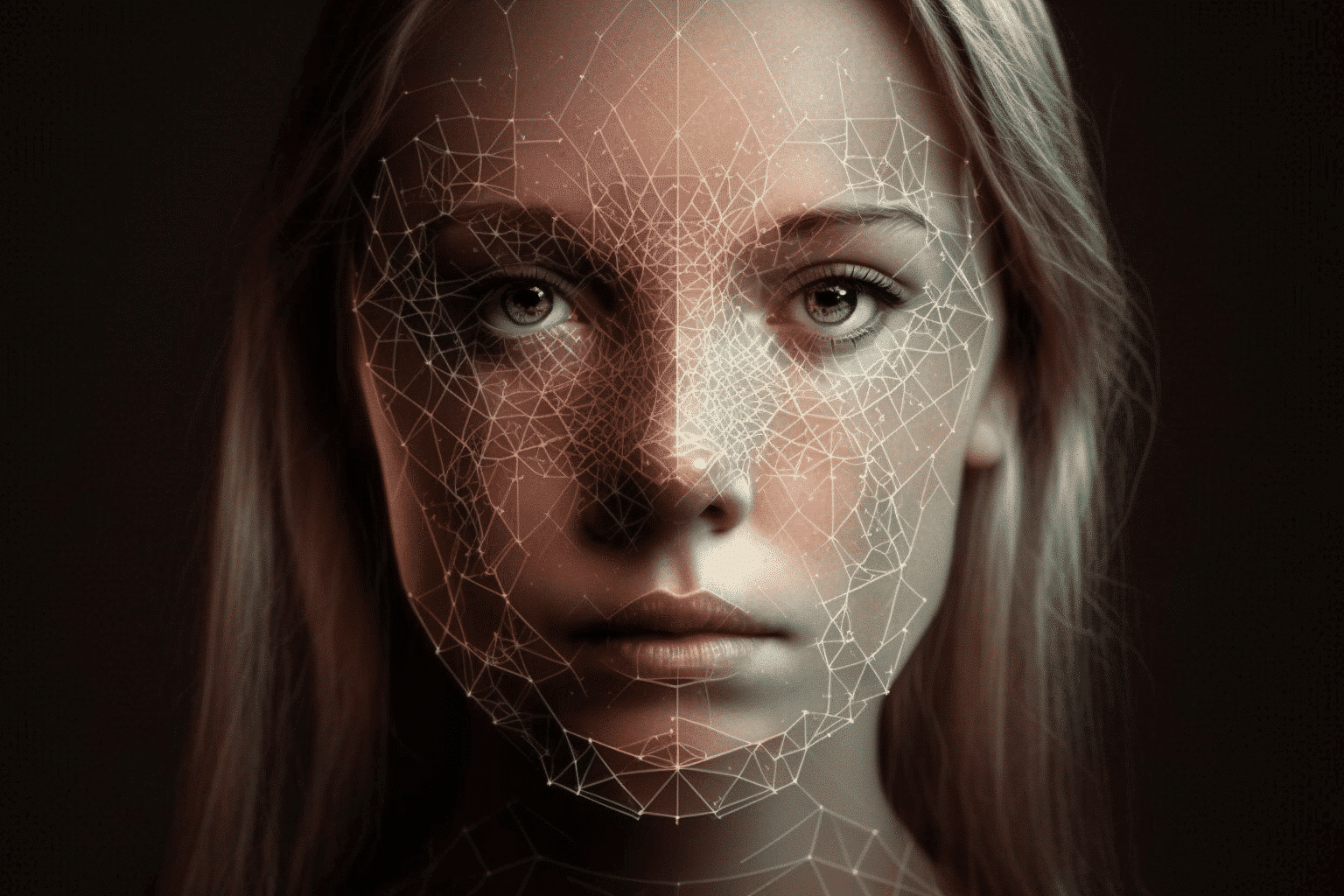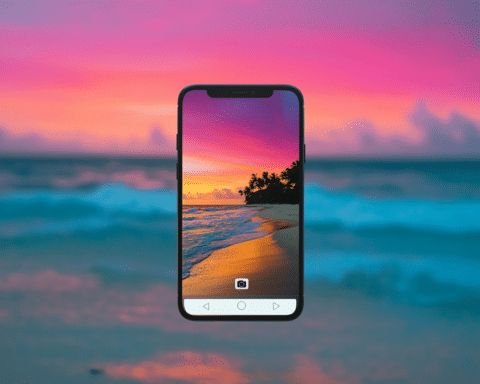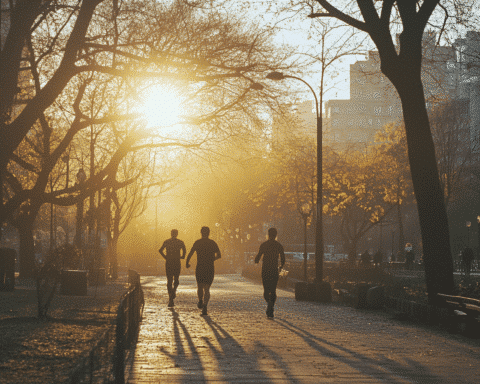Instagram is testing facial age estimation technology in Canada to direct users between the ages of 13 and 17 to more age-appropriate content. The verification tools will allow users to upload a photo identification, such as a driver’s license or ID card, or record a “video selfie.” If a “video selfie” is used, facial age estimation technology will estimate the user’s age. The tools were first tested in the U.S., U.K., India, and Brazil since June 2022.
The testing involves two ways to verify a person’s age when they attempt to change their date of birth on the app. The verification tools have already stopped 96% of teens attempting to change their date of birth from under 18 to over 18. Instagram provides age-appropriate experiences for teens (13-17), such as private accounts, limiting contact from unknown adults, and ads.
Concerns over Facial Recognition Technology
When the testing began in the U.S., experts raised concerns about the use of facial recognition technology. Concerns were not just over privacy but also over biases in AI technology that can overestimate or underestimate a person’s age based on their skin colour or smile. A study by Western University and Israel’s Ben-Gurion University found that AI technology can exaggerate biases and is less accurate in judging age than humans. The study also found that AI was less accurate with age estimation of older adults and overestimated the age of smiling faces, with more inaccuracies in female faces.
Instagram’s facial age estimation technology is done by Yoti, a U.K.-based digital identity company that processes the image to estimate the user’s age. The technology is not the same as facial recognition technology, and the image is deleted by both Meta and Yoti, not stored. Video selfies uploaded as an age-verification tool are deleted from servers within 30 days.
Setting Boundaries for Teens
The “quiet mode” feature on Instagram and TikTok’s similar feature for minors are part of a broader effort to help users set boundaries and maintain a healthy relationship with technology. With the increasing amount of time spent online, especially during the pandemic, social media companies have been under pressure to take responsibility for the impact of their products on mental health and well-being.
By pausing notifications and setting screen time limits, these platforms hope to help users take control of their online experience and reduce the risk of addiction and anxiety. However, critics argue that these features are not enough and that social media companies need to do more to address the root causes of these issues.
Despite the concerns over the use of facial age estimation technology, Instagram’s verification tools are a step in the right direction to protect younger users from unwanted contact and inappropriate content. As social media continues to evolve, it’s important for companies to prioritize safety and privacy, and to work with experts to ensure that their products are inclusive and equitable for all users.
Overall, Instagram’s facial age estimation technology and age verification tools aim to create a safer and more age-appropriate environment for young users. However, concerns about privacy and biases in AI technology remain. As technology continues to evolve and more data is collected, it will be important for social media platforms to prioritize transparency and user privacy in their approaches to age verification and other technological developments.




